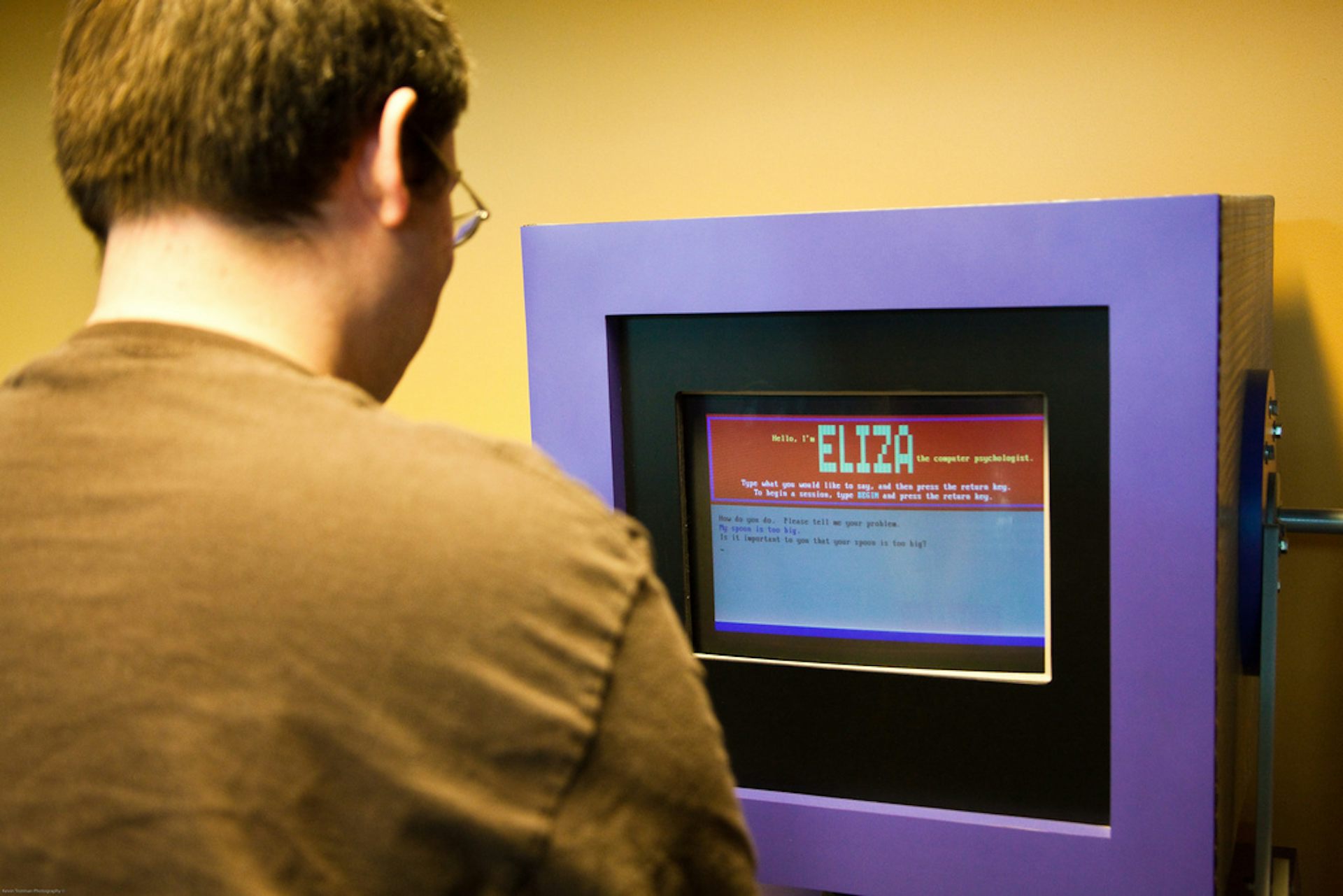

The loss changed Turing, plunging him into a philosophical, mathematical, and scientific investigation of the human mind that would last a lifetime. ( Listen to Overheard at National Geographic’s podcast episode on the battle for the soul of artificial intelligence.) In letters to Morcom’s mother, he wondered whether Morcom’s mind could possibly live on without his body. When Morcom died unexpectedly in 1930, Turing was devastated.

According to biographer Andrew Hodges, he was a lonely child raised in “various English homes where nothing encouraged expression, originality, or discovery.” But young Turing had a unique and brilliant mind.Īt boarding school, a teenage Turing formed a close bond with his classmate, Christopher Morcom, over their love of science. His parents, however, did not want their children brought up there, so they left them to be raised by family friends. Alan Turing ’s early lifeīorn in London in 1912, Turing was the son of a high-ranking British colonial administrator based in India. The concept, known as the Turing test, has regained new prominence today as some argue that this new generation of AI does in fact pass the Turing test.īut who was Turing, and why are his ideas about computing and AI still so important today? Here ’s what you should know about the legendary English mathematician, codebreaker, and computer scientist. In 1950, Alan Turing had an answer to that question-a computer was capable of “thought” if its output was so convincing that a person interacting with it couldn ’t distinguish its answers from those of a real human. Users of the Bing search engine’s chatbot, which draws on ChatGPT technology, even report unnerving conversations in which the AI professes its love for them. Can machines think? The question has been on the minds of many with the emergence of powerful artificial intelligence and ChatGPT, a deep learning machine that can converse with-and sometimes fool-human users.


 0 kommentar(er)
0 kommentar(er)
